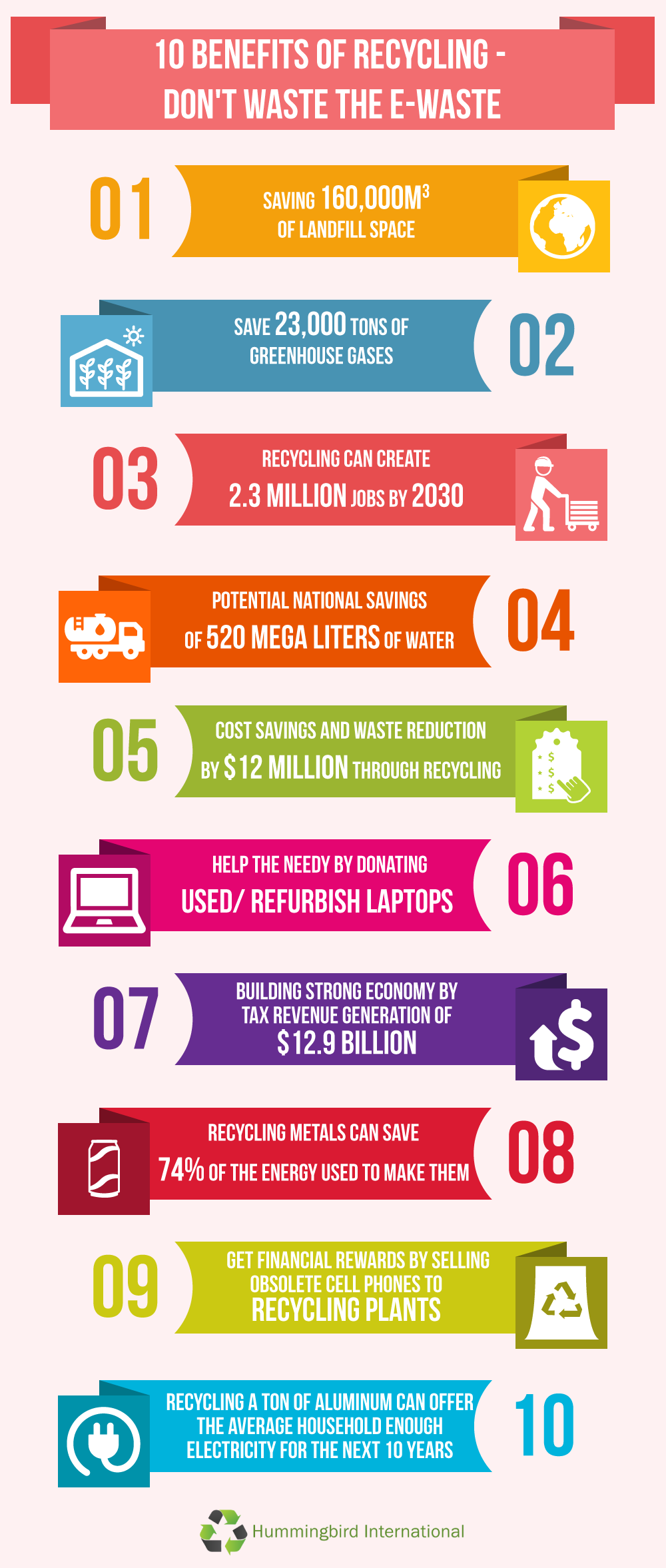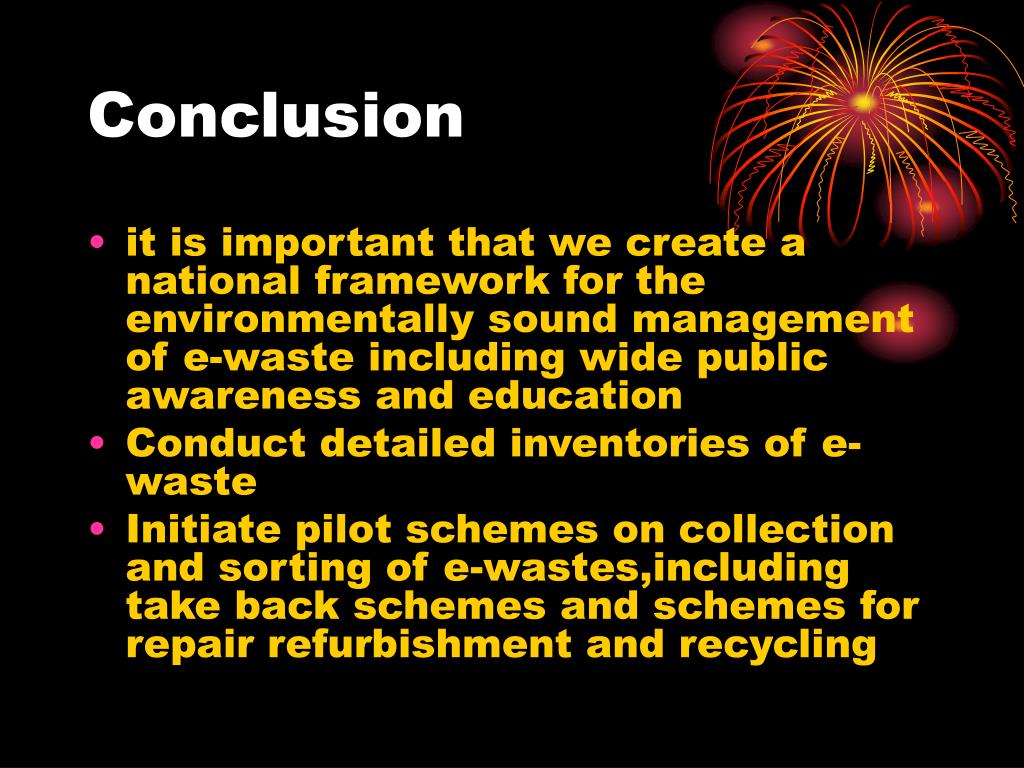E Waste Management Presentation
| Introduction to E Waste Management | ||
|---|---|---|
| E waste refers to electronic waste, which includes discarded electronic devices such as computers, smartphones, and televisions. E waste management involves the proper disposal and recycling of electronic waste to minimize its environmental impact. It is crucial to manage e waste effectively to prevent the release of hazardous materials into the environment. | ||
| 1 | ||
| Environmental Impact of E Waste | ||
|---|---|---|
| E waste contains toxic substances such as lead, mercury, and cadmium, which can leach into soil and water, posing serious health risks. Improper disposal of e waste can contaminate air, soil, and water, leading to pollution and ecosystem degradation. E waste recycling helps recover valuable resources and reduces the need for raw materials, conserving energy and reducing greenhouse gas emissions. | ||
| 2 | ||
| Importance of E Waste Management | ||
|---|---|---|
| E waste is one of the fastest-growing waste streams globally, posing significant environmental and health challenges. Proper e waste management ensures the safe handling, recycling, and disposal of electronic devices, minimizing their impact on human health and the environment. It also promotes resource conservation, as valuable metals and components can be recovered and reused. | ||
| 3 | ||
| E Waste Recycling Process | ||
|---|---|---|
| Collecting e waste: E waste can be collected through dedicated collection points, drop-off centers, or special recycling events. Sorting and dismantling: Electronics are sorted into different categories and dismantled to separate components and hazardous materials. Recycling and disposal: Valuable materials like gold, silver, and copper are extracted, and the remaining waste is disposed of safely, following environmental regulations. | ||
| 4 | ||
| Benefits of E Waste Recycling | ||
|---|---|---|
| Resource conservation: Recycling e waste reduces the need for raw materials, conserving natural resources like metals and minerals. Energy savings: Recycling uses less energy compared to extracting and processing raw materials, reducing greenhouse gas emissions. Job creation: E waste recycling creates employment opportunities in recycling facilities, contributing to local economies. | ||
| 5 | ||
| Challenges in E Waste Management | ||
|---|---|---|
| Lack of awareness: Many people are unaware of the environmental and health risks associated with improper e waste disposal. Informal recycling: In some regions, e waste is informally recycled, often in unsafe conditions, leading to health hazards for workers and environmental pollution. Global trade: E waste is often illegally exported to developing countries, where improper recycling practices cause severe pollution and health problems. | ||
| 6 | ||
| International Regulations and Initiatives | ||
|---|---|---|
| Basel Convention: An international treaty that aims to control the transboundary movement of hazardous waste, including e waste. European Union WEEE Directive: A legislation that requires proper collection, treatment, and recycling of electronic waste in EU member states. E-Stewards Certification: A program that certifies ethical and responsible e waste recyclers, ensuring adherence to strict environmental and social standards. | ||
| 7 | ||
| Individual Actions for E Waste Management | ||
|---|---|---|
| Reduce: Minimize e waste generation by buying durable electronic products and only purchasing what is necessary. Reuse: Extend the life of electronic devices by donating or selling them to others who can still use them. Recycle: Ensure proper disposal of e waste by using certified recyclers or participating in e waste collection programs. | ||
| 8 | ||
| Corporate Responsibility in E Waste Management | ||
|---|---|---|
| Implement take-back programs: Electronics manufacturers can establish programs to collect and recycle their products at the end of their life. Design for recycling: Companies should consider recyclability and ease of dismantling when designing electronic devices. Engage in responsible recycling: Partner with certified recyclers to ensure proper recycling and disposal of e waste. | ||
| 9 | ||
| Conclusion | ||
|---|---|---|
| E waste management is crucial to protect the environment and human health from the hazards of electronic waste. Proper recycling and disposal of e waste help conserve resources, reduce pollution, and create a sustainable future. Individual and corporate responsibility, along with international regulations, play a vital role in effective e waste management. | ||
| 10 | ||








